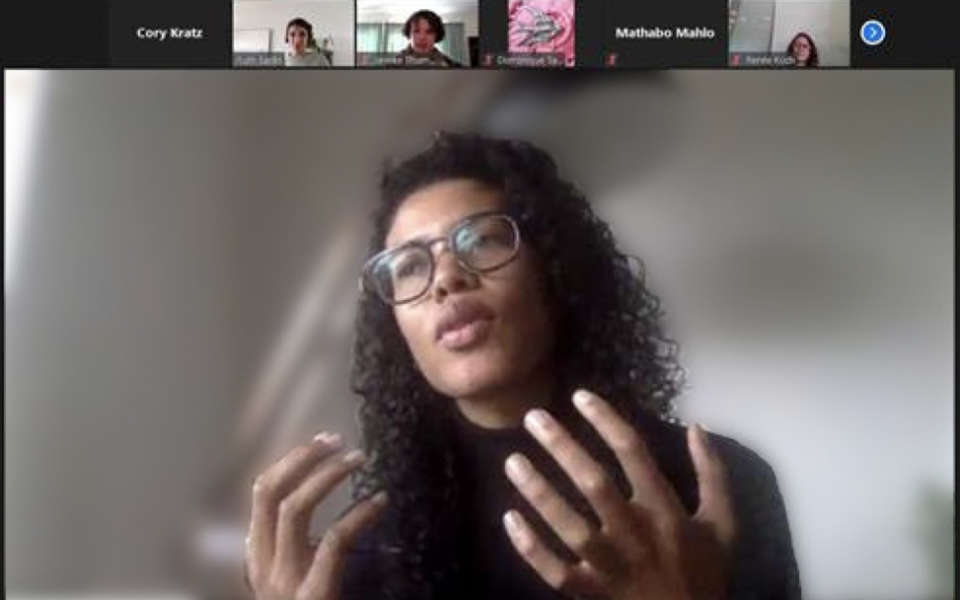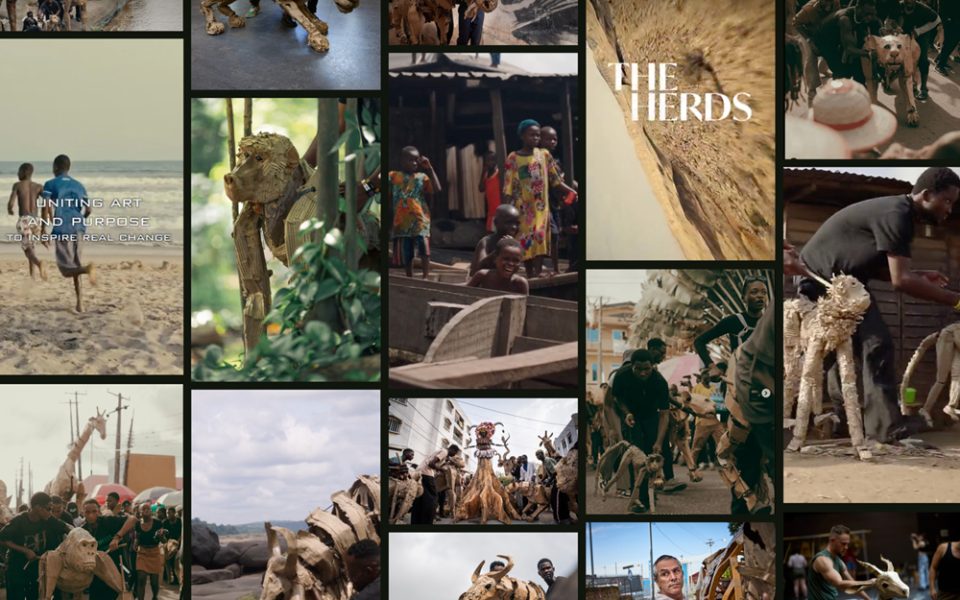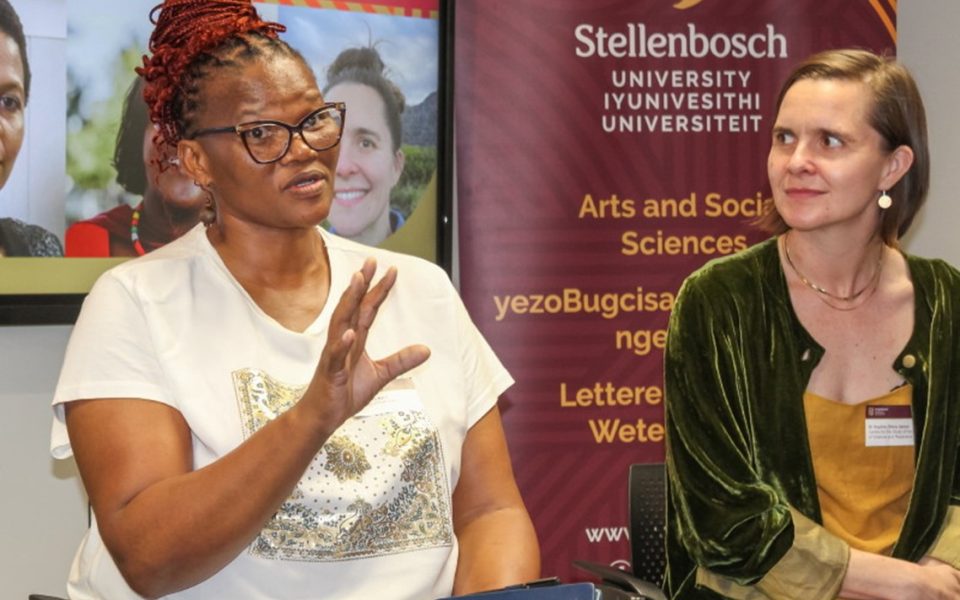Call For Applications: Ivan Karp Doctoral Research Awards for African students enrolled in South African Ph.D. programmes

ACIP Doctoral Award Call_News
The African Critical Inquiry Programme is pleased to announce the 2021 Ivan Karp Doctoral Research Awards to support African doctoral students in the humanities and humanistic social sciences who are enrolled at South African universities and conducting dissertation research on relevant topics.
Grant amounts vary depending on research plans, with a maximum award of ZAR 40,000.
The African Critical Inquiry Programme (ACIP) seeks to advance inquiry and debate about the roles and practice of public culture, public cultural institutions, and public scholarship in shaping identities and society in Africa. The ACIP is committed to collaboration between scholars and the makers of culture/history, and to fostering inquiry into the politics of knowledge production, the relationships between the colonial/apartheid and the postcolonial/postapartheid, and the importance of critical pluralism as against nationalist discourse. ACIP is a partnership between the Centre for Humanities Research at the University of the Western Cape and the Laney Graduate School of Emory University in Atlanta, Georgia (USA).
ELIGIBILITY: The Ivan Karp Doctoral Research Awards are open to African postgraduate students (regardless of citizenship) in the humanities and humanistic social sciences. Applicants must be currently registered in a Ph.D. programme in a South African university and be working on topics related to ACIP’s focus. Awards will support doctoral research projects focused on topics such as institutions of public culture, particular aspects of museums and exhibitions, forms and practices of public scholarship, culture and communication, and the theories, histories, and systems of thought that shape and illuminate public culture and public scholarship. Applicants must submit a dissertation proposal that has been approved by their institution to confirm the award; this must be completed before they begin ACIP- supported on-site research or by December 2021, whichever comes first.




